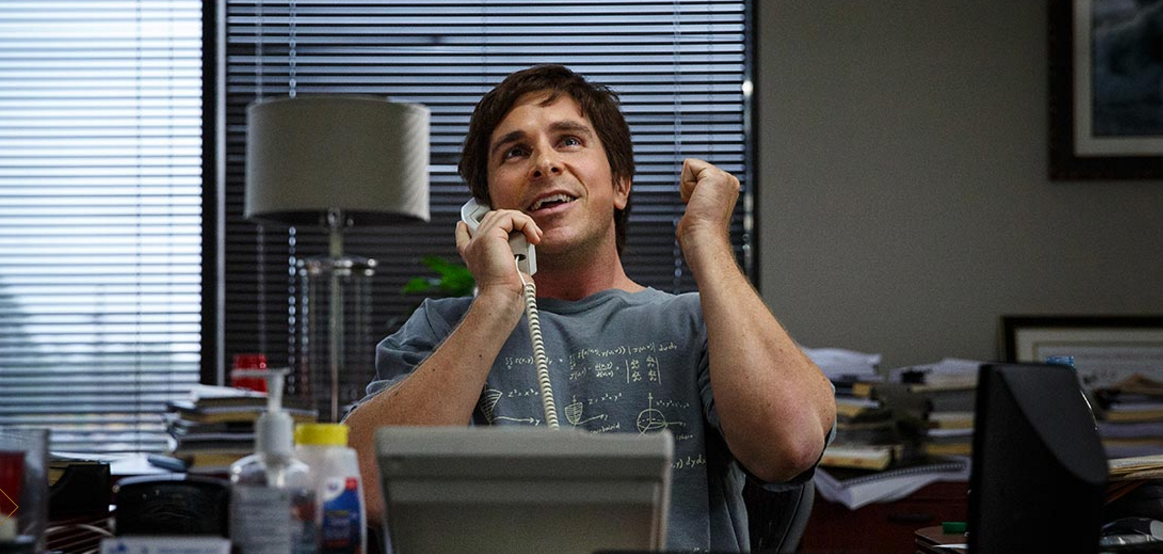John Wick: Chapter Two wastes absolutely none of your time in establishing what it wants to be from the very opening frames. On the side of a building, a reel of Buster Keaton plays (a nod to the original stuntman himself) just before a sleek motorcycle comes tearing through, followed by a black muscle car in hot pursuit. To say things escalate from there puts it lightly, but needless to say there’s about 20 totaled cars and even more bodies piled up before this sequence comes to a conclusion.
The original John Wick was a slow-burn cult classic about a hitman brought out of retirement by the premature assassination of his beloved puppy, a violent romp that found its true audience through the Internet, word of mouth and video on demand. Audiences fell in love with seeing noted Matrix star Keanu Reeves back at his ass-kicking best to take on a gritty revenge tale that knew not to take everything so seriously and to simply focus on making some ludicrously fun action scenes.
And much like the first, Chapter Two prefers the all-killer, no-filler approach to action filmmaking. Director Chad Stahelski and screenwriter Derek Kolstad know exactly how to slim down an action movie to the bare essentials, always opting for a more simple approach in telling a story, whittling it down to something that’s still coherent and interesting, but without overloading the screenplay with anything that doesn’t put the action scenes front and center.
Where the original John Wick explored a simple premise with expert precision and a tongue-in-cheek approach to its own inherent silliness, the second chapter opts for something much bigger and badder, but still somehow never sacrificing the commitment to wildly entertain you or bog the story down with unnecessary fluff. Yes, John Wick is brought out of retirement for revenge once more, but this time Wick has to trot the globe facing off against a diverse set of foes, everyone from a sumo wrestler to the rapper Common.
The criminal underworld hinted at in the first John Wick now becomes the ever-expanding playground full of hitmen and assassins for Wick to face off against, a frankly ridiculous secret society with its own set of rules and codes, giving chapter two an added dose of the fantastical. This is the kind of society where homeless people are hitmen in disguise, two men can try to murder each other in a knife fight on a train without a sign of police, ten henchmen can get their brains blown out on a dancefloor while barely anyone bats an eye… but don’t be fooled, John Wick knows and loves its own inherent silliness and it only invites you to do the same.
But it’s truly difficult not to be won over by the art on display here in John Wick. Much like how one would go see a circus to watch a talented trapeze artist, John Wick is perfectly crafted to showcase the talent of its cast, and especially its star. The John Wick films prefers to shoot close-combat action like a Gene Kelly musical, full of intricate fights choreographed as dances, something best captured in long takes rather than the quick edits we’ve come to expect from so many of Wick’s contemporaries. Reeves executes his brutal ballets with a craftsman’s precision, eliminating rooms of bad guys in beautiful locales, leaving a canvas of blood splatters and a litter of broken arms in his wake.
To go into great detail about John Wick 2’s outrageous setpieces would be to deprive you of some of experiencing their sheer bravado and lunacy, but needless to say it matches the high octane standards set by its predecessor and dare I say exceeds them. There’s hardly any moment of John Wick: Chapter Two that isn’t a delirious amount of fun and it’s better than anything that we really deserved out of a second installment of this franchise. And judging by the packed theater I left this weekend, I think we can all look forward to how another installment could continue to blow our collective mind.














